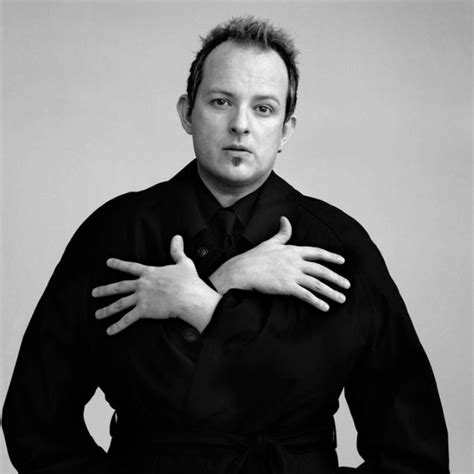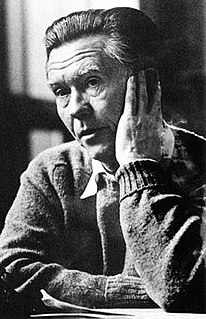A Quote by Apollo Robbins
Usually, when people watch magic, there are two levels: the people who walk away accepting that there are things they don't know, and the other group, who wants to know, 'How did it work? How did that happen?' They want to unravel the puzzle.
Related Quotes
Some people love magic for the right reasons: They love to experience wonder. They don't want to know how it works. In this day and age, we know how everything works. We can Google anything and the answer is never really far away. Magic is a break from that where you get to enjoy mystery. And then there's the people who watch the trick but don't want to enjoy it because they want to figure it out and they feel like I'm challenging their intelligence, which I'm not doing. Those people are hell-bent on not enjoying magic and probably not enjoying their lives either.
He glanced back at the wall. How like a mirror, too, her face. Impossible; for how many people did you know who reflected your own light to you? People were more often--he searched for a simile, found one in his work--torches, blazing away until they whiffed out. How rarely did other people's faces take of you and throw back to you your own expression, your own innermost trembling thought?
The Work reveals that what you think shouldn't have happened should have happened. It should happened because it did, and no thinking in the world can change it. This doesn't mean that you condone it or approve of it. It just means that you can see things without resistance and without the confusion of your inner struggle. No one wants their children to get sick, no one wants to be in a car accident; but when these things happen, how can it be helpful to mentally argue with them? We know better than to do that, yet we do it, because we don't know how to stop.
I understand why people are discouraged about Iraq. I can understand that. We live in a, you know, world in which people hope things happen quickly. And this is a situation where things don't happen quickly because there's, you know, a very tough group of people using tactics - mainly the killing of innocent people - to achieve their objective, and they're skillful about how they do this. And they also know the impact of what it means on the consciousness of those of us who live in the free world. They know that.
Occasionally I do movies with other directors. I did 'The Diving Bell and the Butterfly' for Julian Schnabel. I did a movie with Jim Brooks ('How Do You Know'). I did a movie with Judd Apatow ('Funny People'). So I do get a chance to work with other people, which is always enjoyable, always pleasant. But still, Steven [Spielberg] makes the types of movies that I'm interested in as well.
When you see a movie, it's like you're attending a show of magic in which the magician pulls a rabbit out of a hat. You don't know how he did it, but a part of you is fascinated, or hypnotized, by what happened, another part of your brain says, "Oh, I want to do the same thing! I want to be that wielder of that magic. I want to be that magician on stage, and do the same thing to other people."
I'm actually not so sure what I'm hoping to find making photographs. You always want to come back with an image that's interesting visually, and you hope to get something from the person you photograph that's different than other images you know of these people. I don't know how I go about it. I also don't know how exactly what I set out to get other than these two things.































